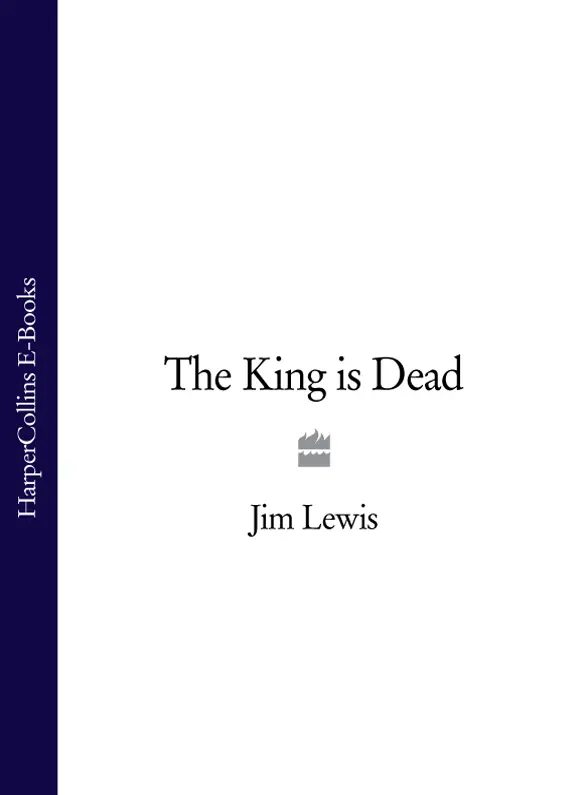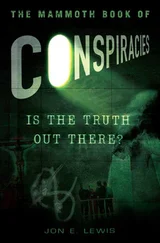
JIM LEWIS

For Philip and Karen and Dylan and Milena
Cover
Title Page
Dedication
Prelude
Part One: Shot
1
2
3
4
5
6
7
8
9
10
11
12: Stay
13
14
15
16
17
18
19
20
21
22
23: Country
24
25
26
27
28
29
30
31
32
33
34
35: Casey Stengel Testifies Before the Senate Subcommittee on Antitrust and Monopoly
36
37
38
39: A Dress Ball at the Governor’s Mansion, on the Occasion of his Reelection to a Third Term
40
41
42
43
44: An Indian on Beale Street
45
46
47: Speech for Walter Selby: Draft
48
49
The Brushy Mountain Letters
Part Two: Stay
Pied Beauty
1
2: Ten Percent of Nothing
3
4: The Invention of Pornography
5
6
7
8
9
10: Million-Dollar Bartender
11
12
13
14
15
16
17: Shot
18
19: The Ballad of the Little Sister
20
21
22: Coyote
23
24
25: Options
26
27
28
29
30
31
32: Yvette
33
34: The Death of Walter Selby
35
36
37
38
About the Author
Praise
Copyright
About the Publisher
There was a woman named Kelly Flynn. She was born in 1720 to a Dublin banker, and raised in London, where her father had been sent to service a loan from the King. At court she met and married a Belgian furrier named DeLours; together they had nine children, and six of them died, four from disease and two through misadventure. One who survived, an intrepid boy named Henry (b. 1745), cut short his schooling to join the Army and was commissioned as an officer.
The Empire was widening into the subcontinent and there was a great need for resourceful men. Henry DeLours was clever and brave, and he was sent to Calcutta; while there, he met an Englishwoman named Elizabeth, the daughter of a fellow officer. He married her, and they produced five children. One of them, a daughter named Mary (b. 1770), returned to England to attend boarding school.
During a tour of Cornwall, Mary met an older man, a printer named Samuel Crown, who admired her, courted her, and soon won her hand. They returned to London, and their children were William, Theodore, Olivia, and Georgia, each following on the last by a little over a year. It was expected that the male children would join in their father’s business, but Theodore (b. 1790) was willful and wandersome, and as soon as he came of age he sailed for America, looking to make a fortune of his own.
For a time he clerked in a law office in New York. Each evening he went home to his small, dark room and wrote to his mother, describing both the faith he held in his future and the hardships that were testing it: debt, the dismissiveness of the men for whom he worked, the desolation he felt in this new, strange city. But he was frugal by way of defense, and he soon managed to amass a small amount of cash, which he used to purchase a few acres of land in Kentucky. He planted tobacco, labored, prospered, and within a few years he’d expanded his estate to some three hundred acres and two dozen slaves; by the age of thirty he had come to sufficient prominence to run for a local judgeship, and, with the help of some casks of whiskey that he had delivered to the taverns on the eve of election day, he won.
It was 1820, and Judge Crown was unmarried. Instead, he took a Negro woman, a slave named Betsey, who served in his house. He brought her into his bed almost every night—Apollo may not forgive me but Pan assuredly will, he wrote in his journal—and soon she gave birth to a son, a light-skinned boy named Marcus (b. 1821).
When he was a child, Marcus’s mother told him that his father was a house slave from up the road, but by then he’d already heard rumors that he was sired by the man who owned him. The cook would cluck about it and shake her head; the footman would tease him in their quarters at night; but he never sought to confirm or disprove the story of his origin. He didn’t dare, still less when Theodore at last found a wife, with whom he could have children who were legal and sanctified.
One midnight Marcus ran away from Crown’s farm, toward a legendary North. In his pocket he carried eighteen dollars, a sum that his mother had pilfered, penny by penny, from the household accounts, and which she’d given to him along with instructions to find his way to Ripley, Ohio. Under darkness, Marcus ran through fragrant fields; in morning towns, on broad bright days, he purchased food by pretending to be on an errand from some nearby estate, where the Master had a sudden need for a particular cut of meat, or oranges to make a punch, or bread to serve to an unexpected guest. By afternoon he would be sleeping in the cover of a thick forest or down at the bottom of a ravine.
In a week he came to the south bank of the Ohio River, which he followed east as far as Ripley. He could see the town on the other side of the water, but he was afraid to cross to it, and he waited at the riverside four days and nights, for what he didn’t know. In order to stave off hunger pains he slept as much as he could; in his dreams he heard women’s laughter. At last he was discovered by the freeman John Parker, who ferried him across the water and sent him along the Underground Railroad, northwest to Chicago. Fifteen days after leaving his home and his family, Marcus landed in the living room of a boarding-house on the south side. Not knowing what his own surname might be, he called himself Marcus Cash, and soon he was working as a laborer on the docks of Calumet.
Judge Crown’s farm began to falter, he owed money to every merchant within fifty miles, and bill collectors came by regularly to dun him. In the summer of 1840, Crown got into an argument with a barmaid over a glass of beer; he became belligerent, he became violent, and she struck him in the temple with an ax handle. He lingered on for a delirious few days, and then he died. To help pay off the debts he’d accumulated, his wife sold the slave Betsey, Marcus Cash’s mother, to a plantation in northern Mississippi.
By and by, Marcus Cash met and married a mulatto woman named Annabelle, eleven years his senior, a widow with three boys of her own. She had long soft braided hair, she could sing as sweetly as a flute, she cocked her hip and swept back her skirts. Within a year she was pregnant with a daughter they named Lucy (b. 1843).
Lucy was fair-skinned and full of feeling, and she needed more attention than her parents had to spare. What’s more, she was so much younger than Annabelle’s three boys that they scarcely thought of her as a sister at all, and as soon as she reached adolescence each in turn made advances on her. Marcus Cash walked in on the third and administered a whipping to him; but the incident suggested a danger that might recur on any wicked day, and soon Lucy was on her way to school in Philadelphia with instructions to study charm, to keep her legs pressed together, and to pass for white as well as she could, whenever it was possible.
When the War Between the States began, the Cash men watched and waited, and as soon as colored troops were allowed to enlist they joined up. Marcus died at Milliken’s Bend, when the tip of a bayonet tore his heart in half; one of his stepsons died of gut wounds received by gunshot at Fort Pillow, another of pneumonia contracted in the mountains of West Virginia, and the third of inanition while marching through Arkansas.
Читать дальше














